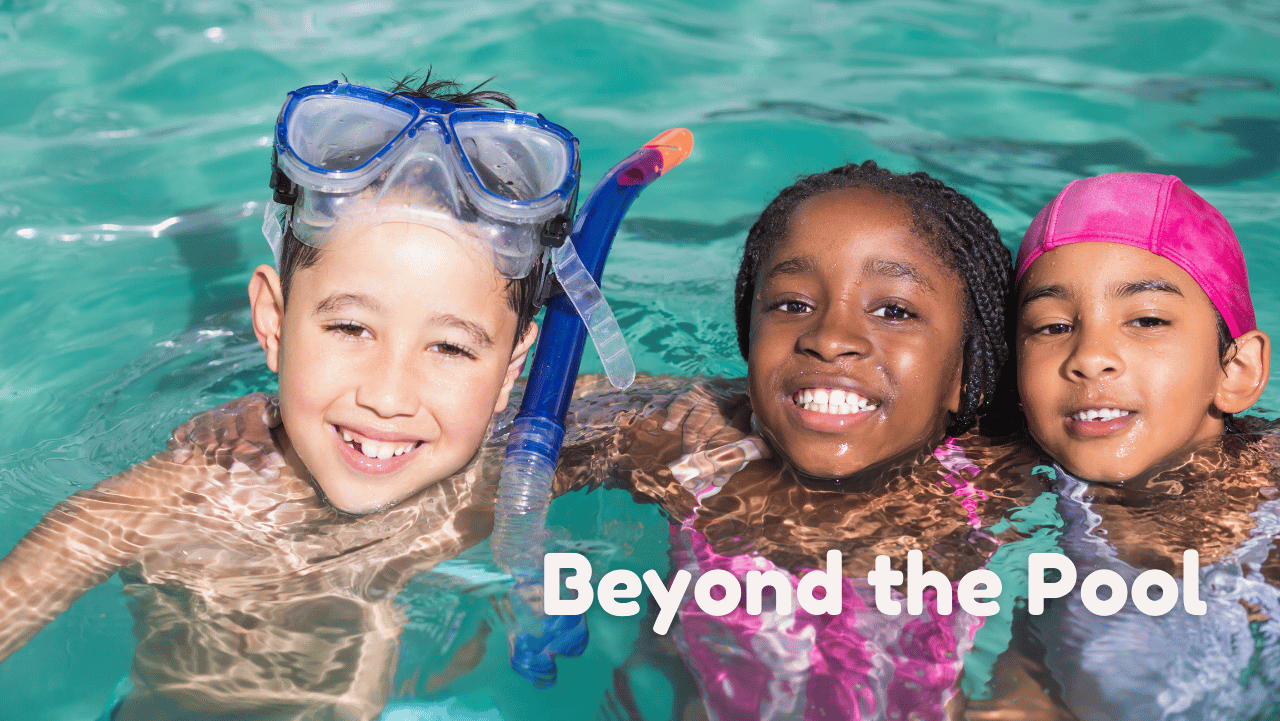Swimming is often seen as a fun summertime activity or a competitive sport, but its benefits reach far beyond the confines of a pool. Learning to swim isn’t just about recreation—it’s a vital life skill that can bring physical, mental, emotional, and even social advantages throughout one’s life. From enhancing personal safety to improving health and well-being, the ability to swim opens doors to a lifetime of opportunity and confidence.
A Life-Saving Skill
At its core, swimming is a crucial survival skill. Drowning remains one of the leading causes of accidental death worldwide, especially among children. Being able to swim can be the difference between life and death—not only for oneself but also for the ability to help others in emergency situations. Water is everywhere: pools, lakes, rivers, and oceans. Whether you’re boating with friends, enjoying a beach vacation, or living in a flood-prone area, swimming can offer peace of mind and a sense of security.
Enrolling in a swim school can be a vital first step in acquiring this life-saving skill. Children who learn to swim early develop not only physical coordination but also a respect for water. Adults who never learned often carry a fear of swimming, which can be limiting and dangerous. That’s why swimming should be viewed not as an optional activity but as an essential life skill for everyone, regardless of age.
A Low-Impact, Lifelong Workout
Swimming is one of the best forms of low-impact exercise available. It provides a full-body workout that builds strength, endurance, and cardiovascular health without placing stress on joints. That makes it ideal for people of all ages and fitness levels—from young kids to seniors, from athletes recovering from injury to people with chronic pain or arthritis.
The resistance of water naturally tones muscles and improves flexibility. Whether it’s laps in a pool, water aerobics, or leisurely swimming, the activity engages the entire body in a smooth, controlled way that few other exercises can match.
Additionally, swimming can burn as many calories as running, cycling, or other aerobic workouts, depending on intensity. But unlike many high-impact exercises, it’s sustainable well into older age, making it a key component of lifelong fitness.
Mental Health and Stress Relief
Beyond its physical benefits, swimming also plays a powerful role in mental health. The rhythmic motion, combined with deep, controlled breathing, makes swimming a natural stress reliever. It can lower cortisol levels, reduce anxiety, and promote relaxation—similar to the effects of meditation.
The water environment can also offer sensory comfort. For people with ADHD, autism spectrum disorders, or sensory processing challenges, swimming provides a calming and controlled space to move freely, without overstimulation.
Moreover, regular swimming has been linked to improved mood, better sleep, and increased energy. Many people find solace in the solitude of swimming laps, while others enjoy the social connection of swim classes or water fitness groups. Either way, it supports emotional well-being in a way that few other activities can.
Building Confidence and Independence
Learning to swim instills confidence from an early age. There’s a sense of accomplishment that comes with mastering something so essential. Children who swim are more likely to feel secure around water, which allows them to participate in a wider range of activities such as sailing, kayaking, surfing, snorkeling, and scuba diving.
For adults, especially those who overcame a fear of water, learning to swim can be a deeply empowering experience. It encourages personal growth, helps overcome mental blocks, and fosters independence.
Swimming also builds discipline, especially when learned as a sport. Regular training improves time management, goal setting, and resilience—skills that translate well into everyday life.
Gateway to Opportunities
Knowing how to swim unlocks a world of opportunities. Beyond recreational enjoyment, it enables people to explore aquatic sports, become lifeguards, work on cruise ships, or pursue careers in marine biology, diving instruction, or the military. For students, competitive swimming can also open doors to scholarships and college admissions.
More broadly, swimming is a social skill. Pool parties, beach outings, and vacations often revolve around water. Not knowing how to swim can lead to exclusion or discomfort in these settings. Being confident in water means saying “yes” to more adventures and experiences.
It’s Never Too Late to Learn
One of the most important messages about swimming is that it’s never too late to learn. Community centers, local swim schools, and private instructors offer programs for every age and ability level. Many adults who missed the chance in childhood find that adult swim lessons are welcoming and effective, focusing on comfort, safety, and gradual skill-building.
Overcoming fear is a key part of the journey, but with patient instruction and the right environment, anyone can become a competent swimmer.
Conclusion
Swimming is more than a recreational skill—it’s a foundational ability that enriches lives in countless ways. It supports physical health, mental well-being, personal safety, and social inclusion. It fosters confidence and opens doors to adventures and career paths. Most importantly, it offers freedom—the freedom to enjoy the water, explore the world, and protect oneself and others.
In a world full of uncertainty, knowing how to swim is one of the most valuable and empowering gifts we can give ourselves and our children. So whether you’re 7 or 70, it’s worth stepping beyond the pool’s edge and diving into a skill that lasts a lifetime.




